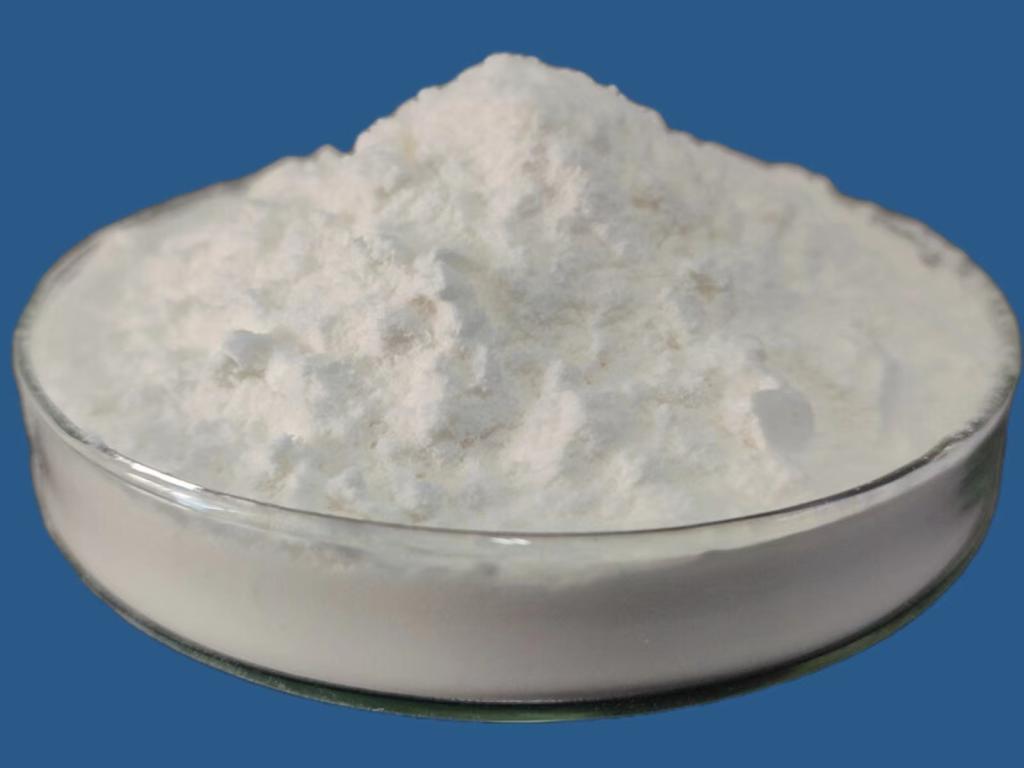Tel:+8618231198596

News
 CONTACT
CONTACT
 CONTACT
CONTACT
- Linkman:Linda Yao
- Tel: +8618231198596
- Email:linda.yao@dcpharma.cn
- Linkman:CHARLES.WANG
- Department:Overseas
- Tel: 0086 0311-85537378 0086 0311-85539701
News
Price of ε-Polylysine Hydrochloride: Role in Ensuring Safety in Street Food and Informal Markets.
TIME:2023-10-10
Introduction:
Street food and informal markets are essential elements of the culinary landscape in many parts of the world. They offer a wide array of affordable, flavorful, and culturally diverse food options to consumers. However, the informal nature of these markets can pose significant challenges related to food safety. Unsanitary conditions, inadequate hygiene practices, and limited regulatory oversight can increase the risk of foodborne illnesses.
ε-Polylysine hydrochloride, a natural antimicrobial agent derived from bacterial fermentation, has gained recognition for its ability to inhibit the growth of various microorganisms, including bacteria and fungi. Its potential as a food preservative holds promise for improving food safety in street food and informal markets.
The Food Safety Challenges in Street Food and Informal Markets:
Limited Sanitation:
Street food vendors and informal market stalls often operate in environments with limited access to clean water and sanitation facilities. This can lead to inadequate handwashing and equipment cleaning practices, increasing the risk of contamination.
Temperature Control:
Maintaining proper temperature control for food items, especially perishable ingredients, can be challenging in open-air markets. Inadequate refrigeration or heating can lead to microbial growth and foodborne pathogens.
Cross-Contamination:
The handling of various ingredients and money by the same hands can lead to cross-contamination, as vendors may not have access to appropriate handwashing facilities.
Lack of Regulatory Oversight:
Many street food vendors and informal market stalls operate in regulatory grey areas, which can lead to inconsistent food safety standards and limited enforcement of hygiene practices.
The Science of ε-Polylysine Hydrochloride:
ε-Polylysine hydrochloride, often referred to as ε-polylysine, is a naturally occurring antimicrobial peptide derived from bacterial fermentation. It is composed of a polymer of the amino acid lysine and has a net positive charge. This positive charge allows it to interact with negatively charged bacterial cell membranes, leading to its antimicrobial activity.
Mechanisms of Action:
Membrane Disruption:
ε-Polylysine disrupts the integrity of bacterial and fungal cell membranes. It binds to the negatively charged components of the cell membrane, causing leakage of intracellular contents and cell death.
Inhibition of Microbial Growth:
By interfering with essential cellular processes, ε-polylysine effectively inhibits the growth of various microorganisms, including both Gram-positive and Gram-negative bacteria, as well as yeast and molds.
Applications in Preventing Foodborne Illnesses:
Pathogen Control:
ε-Polylysine is effective against a wide range of foodborne pathogens, including Salmonella, Escherichia coli, Staphylococcus aureus, and Listeria monocytogenes. Its use reduces the risk of foodborne illnesses associated with these pathogens.
Extended Shelf Life:
The ability of ε-polylysine to inhibit the growth of spoilage microorganisms enhances the shelf life of food products. This reduction in spoilage contributes to waste reduction and improved sustainability in food supply chains.
Cross-Contamination Prevention:
By inhibiting the growth of pathogens, ε-polylysine can help reduce the risk of cross-contamination in street food and informal markets, where hygiene practices may be less rigorous.
Clean Labeling:
Consumers increasingly seek clean label products with fewer synthetic additives. ε-Polylysine's natural origin allows food vendors to meet this demand by using a clean label preservative.
Benefits of ε-Polylysine in Street Food and Informal Markets:
Improved Food Safety:
ε-Polylysine's ability to inhibit the growth of foodborne pathogens enhances food safety in settings with limited sanitation and hygiene infrastructure.
Extended Shelf Life:
By preventing spoilage, ε-Polylysine helps extend the shelf life of food products, reducing waste and increasing the availability of safe food options.
Cross-Contamination Reduction:
ε-Polylysine contributes to reducing the risk of cross-contamination, promoting safer handling practices in informal markets.
Sustainability:
The reduction of food waste and spoilage associated with ε-Polylysine aligns with sustainability goals by conserving resources and reducing environmental impact.
Enhanced Reputation:
Food vendors who prioritize food safety and use ε-Polylysine can build a reputation for providing safe and hygienic food options, attracting more customers.
Challenges and Considerations:
While ε-Polylysine hydrochloride offers significant benefits in enhancing food safety in street food and informal markets, several challenges and considerations need to be addressed:
Awareness and Education:
Food vendors and consumers may not be familiar with ε-Polylysine. Raising awareness and providing education about its benefits and safe use is essential.
Regulatory Compliance:
Ensuring that the use of ε-Polylysine complies with local regulations and standards is crucial for its acceptance and use in informal markets.
Cost Considerations:
ε-Polylysine may add some cost to food production. Balancing the benefits of improved food safety with cost considerations is essential for vendors and consumers.
Compatibility with Traditional Practices:
ε-Polylysine may require some adjustments to traditional recipes and preparation methods. Vendors should be willing to adapt their practices to ensure safe food handling.
Conclusion:
Street food and informal markets are valuable components of the global food culture, offering diverse and accessible food options to consumers. However, they also present unique challenges related to food safety. ε-Polylysine hydrochloride, with its natural origin and antimicrobial properties, holds significant potential in enhancing food safety in these settings.
By inhibiting the growth of foodborne pathogens, extending shelf life, reducing cross-contamination risks, and promoting sustainability, ε-Polylysine can play a pivotal role in ensuring safe and hygienic food options for consumers in street food and informal markets. Addressing challenges related to awareness, regulatory compliance, cost considerations, and compatibility with traditional practices is essential to fully harness the benefits of ε-Polylysine in improving food safety in these settings. With continued research, education, and collaboration, ε-Polylysine can contribute to safer and more sustainable street food and informal markets worldwide.
- Tel:+8618231198596
- Whatsapp:18231198596
- Chat With Skype







